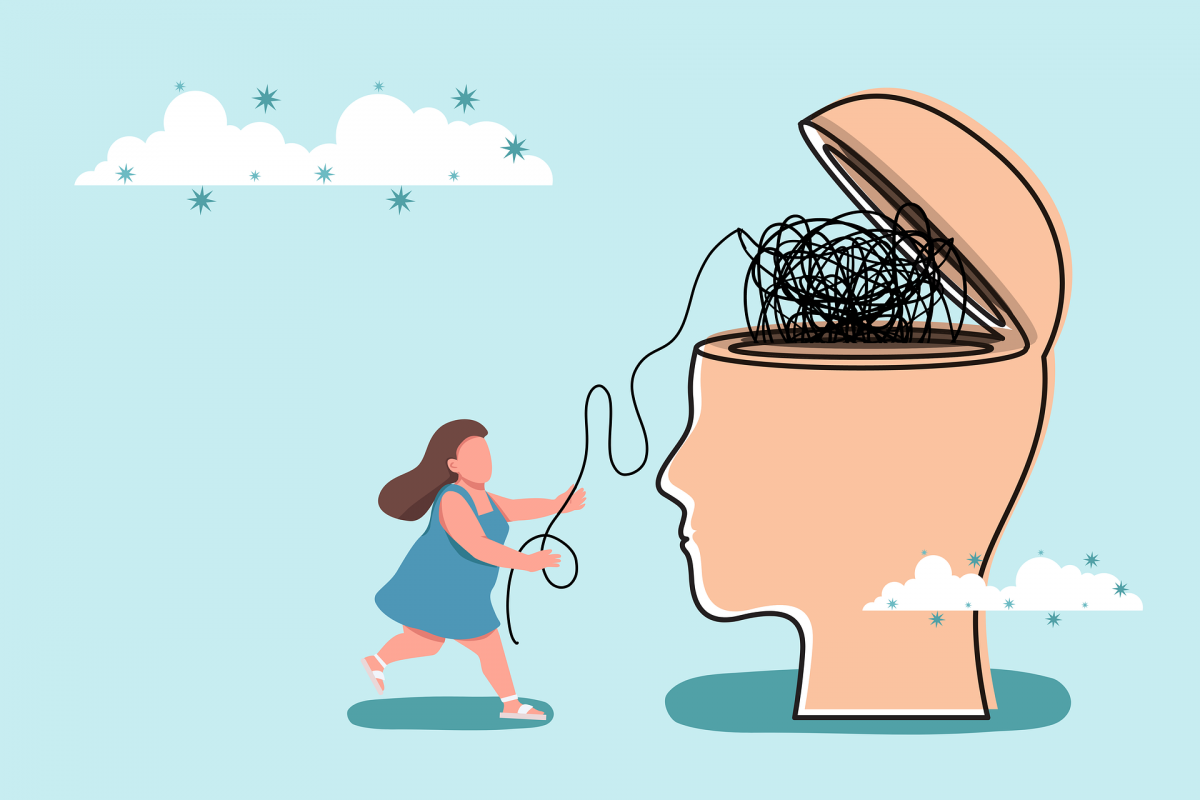
How to Break Free from PTSD
Dr. Caroline Leaf – In this podcast (episode #425) and blog, I talk to former army captain, politician, attorney and podcast host Jason Kander about his new book Invisible Storm, managing and healing from PTSD and depression, what it looks like to seek help for mental health issues, overcoming mental health stigmas, and so much more!
As noted in his book:
“In 2017, President Obama, in his final Oval Office interview, was asked who gave him hope for the future of the country, and Jason Kander was the first name he mentioned. Suddenly, Jason was a national figure.
As observers assumed he was preparing a run for the presidency, Jason announced a bid for mayor of Kansas City instead and was headed for a landslide victory. But after eleven years battling PTSD from his service in Afghanistan, Jason was seized by depression and suicidal thoughts. He dropped out of the mayor’s race and out of public life. And finally, he sought help.
In this brutally honest second memoir, Invisible Storm, Jason has written the book he needed in the most painful moments of his PTSD. In candid, in-the-moment detail, we see him struggle with undiagnosed illness during a presidential bid, witness his family buoy him through challenging treatment, and, giving hope to so many of us, see him heal.”
As Jason points out, in the army, the message you receive is that what you are doing is no big deal, and other people have it much worse. This makes it easier for people in military to do their job, especially when they are surrounded by danger and doing potentially life-threatening tasks. The notion that it is “no big deal” is like mental armor and helps soldiers do what they need to do.
However, when you get out of army, there is no process for switching off this mindset. Many soldiers know [think] that it is okay for people to get help, but also believe that what they did “is no big deal” compared with what other people have gone through. Consequently, many former members of the military feel that if they are struggling and ask for help, this dishonors people that have gone through more than they have. Unfortunately, the military doesn’t do a good job of teaching soldiers when they are discharged that they have actually been through a lot and are entitled to get help.
Indeed, we all need to process our experiences, even if we haven’t gone to war or been in the military. We all go through challenges, and if we don’t process what we go through, it can affect our lives in other ways, such as the night terrors that Jason experienced.
As I have mentioned before, everything we experience is stored in our nonconscious mind. Things that happen to us do not just go away—we cannot outrun our past. We have to go through it; we have to reconceptualize our memories before they impact how we function.
As Jason points out, there is a common misconception that if enough time goes by, we will be okay, but trauma doesn’t age well. We have to put in the hard work and deal with our stuff and change how it plays out in our future. This is part of being human.
Indeed, we are with ourselves always, which is why mind management and self-regulation are so important. These are life skills, not one-off things. We cannot just “fix” an issue and move on. Life is filled with ups and downs, and figuring out how to manage these feelings and how they impact us is one of the most important things we can learn as human beings.
To read the original article click here.






